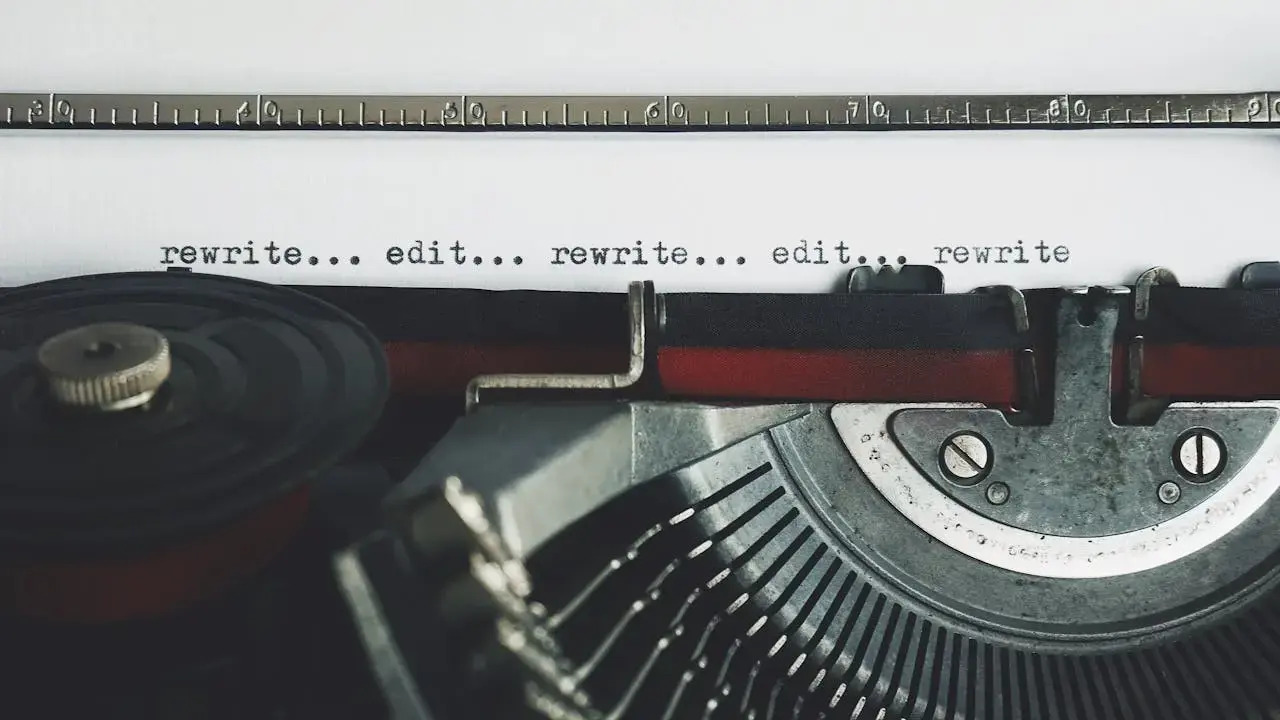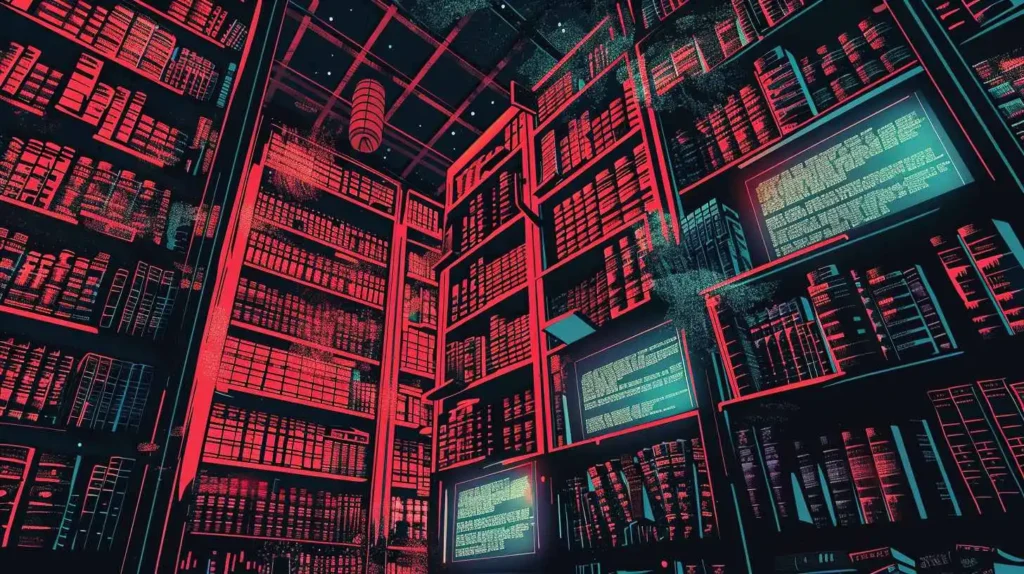Science
The Monk Who Saw the Future: Did an 11th-Century Benedictine Beat Astronomers?
17 February 2026

“Books are a mirror: you only see in them what you already have inside you,” Carlos Ruiz Zafón wrote in a chapter of The Shadow of the Wind. In an era marked by contemporary trends to revise classic literary works and exclude “inconvenient” authors from the collective memory of readers, these words take on new significance. Do these practices reveal our fear of the past? Are they manifestations of a “political correctness terror” or attempts to re-evaluate our culture? Or is it purely about money?
In 2023, the media was abuzz with news of controversial actions taken by Western publishers who decided to make changes and corrections to the books of deceased authors. As a result, popular editions of works by Roald Dahl, Ian Fleming, and Agatha Christie were stripped of words now deemed offensive – such as “stupid” or “fat” – or phrases that perpetuated stereotypes about people of non-white skin colors. These publishers’ interventions, aimed at adjusting classical texts to the sensitivities of modern audiences, met with fierce criticism from literary scholars, journalists, and cultural figures.
A year ago, Mateusz Tomanek already discussed this issue in the pages of Holistic News. Since then, attempts to negotiate the cultural past of the Western world have taken on new, often equally ethically debatable forms, such as the removal of “wrong-thinking” books from American school libraries. In the heat of emotional debates about this “new censorship,” we often forget that this phenomenon tells us something about our present and its historical roots.
Censoring literature is not a new phenomenon. Experts point out that the first attempts to correct “unorthodox” literary works occurred as early as the 17th century. In the European cultural sphere, censorship is primarily associated with the oppression of the communist regime. However, it was also present in liberal Western countries. In the introduction to the 1982 short story collection Unicorn Variation, renowned fantasy and science fiction author Roger Zelazny recalled that in the American reality of the 1950s, it was unthinkable for a budding writer to use vulgar language or meticulously describe erotic scenes. According to the author of The Chronicles of Amber, moral censorship – the dark side of the post-war American dream – was as severe as its “political” counterpart from the Soviet Union.
The situation in the West changed with the onset of the sexual revolution in the 1960s. Since then, the American publishing market has increasingly featured books that break away from the prudishness of the previous era, embracing the concept of inclusivity, which involves integrating the sexual and ethnic experiences of minorities into the center of the “literary world.” Contemporary censorship – like that of the 1950s – is also tied to moral issues. Critics of this phenomenon often equate it with the terror of political correctness or the dominance of leftist ideologies. They suggest that one oppressive system has just been replaced by another. However, this issue is more complex than it might seem at first glance.

The reluctance of some modern readers toward once-celebrated literary works, such as Jack London’s White Fang, Rudyard Kipling’s The Jungle Book, or Henryk Sienkiewicz’s In Desert and Wilderness, should not be surprising. Over the century since these works were published, both the language used to describe reality and the reality itself have undergone numerous transformations. Content and phrases that did not offend readers 100 years ago often today appear racist or targeted against members of certain social groups. From the perspective of a contemporary reader, it might seem that the narrator of The Master and Margarita despises representatives of the poorer classes, viewing them with the superiority of an enlightened intellectual. However, that was not Mikhail Bulgakov’s intention; he aimed to critique the concept of the “Soviet man,” shaped by propaganda and the violence of a totalitarian system.
There are many similar examples. This disparity between the worldview presented in a classical literary work and our value systems is natural. The past resists us in the sense that we are not able to experience it as we might in a virtual reality in a video game. Consequently, our knowledge of ancient times must necessarily be mediated through archaeological research, document analysis, or… reading literary works. By stripping classic books of their original context, we deny readers access to the past. History thus becomes like a golem that we try to shape according to our expectations and fears. As Suzanne Nossel, chair of PEN America, rightly notes in a statement quoted in the New York Times by Alexandra Alter and Elizabeth A. Harris, “Sometimes historical truth is inextricably linked with what is offensive.”
We recommend: Reading: The Ultimate Stress Buster?
In the same vein, Art Spiegelman, an American cartoonist and comic book writer of Polish-Jewish descent, spoke out. His renowned graphic novel Maus, which depicts the Holocaust drama, was recently removed from school libraries in Tennessee, Florida, and Texas. Authorities in McMinn County expressed concerns that the publication’s images of nudity and violence were not suitable for underage audiences. In response, Spiegelman stated that contemporary schools would prefer their students to learn a “nicer, gentler, and less vivid” version of the Holocaust.
As Sophia Casacove argues in The New York Times (in the article “The Fight Over ‘Maus’ Is Part of a Bigger Cultural Battle in Tennessee”), the Maus issue is one of the episodes of a conservative revolution in some American educational institutions. These institutions are banning discussions of works that address issues of race, gender, or sexuality. This situation demonstrates that censorship has become a phenomenon beyond ideology, with history as a battlefield for political maneuvers.
The practices described by some publishers are not in line with the standards of contemporary publishing, which involves the science and art of issuing works from the past. Literary scholars today aim to faithfully reproduce the creative process behind the creation of significant works. A practical realization of this principle was published a few years ago in an edition titled Alchemy of the Manuscript: “Samuel Zborowski” by Juliusz Słowacki, prepared by Professor Marek Troszyński from the Polish Academy of Sciences.
The researcher included scans of manuscripts by the romantic poet and, alongside each, a transliteration of the text – a faithful reproduction of its script, preserving original deletions, marginal notes, and alternative versions of individual passages. Through this approach, readers gain insight into the poet’s thought process and the difficulties he faced while working on his intriguing piece.
Of course, it is unreasonable to expect mass-market or popular science editions of classic books to contain such an extensive scholarly apparatus. Reading should primarily please us. However, this pleasure should not be experienced at the expense of historical truth or without respecting the intentions of deceased authors. For obvious reasons, they are not able to respond to accusations of racism or the use of phrases considered offensive today.
We recommend: A Lack of Mindfulness and Superficial Judgment of Others: Problems Which Plague Humanity
If old literary works no longer resonate with the sensitivities of modern audiences, why do publishers continue to reprint them? The answer seems mundane – it is about money. Characters like James Bond or Hercule Poirot have become pop culture icons, and stories featuring them generate substantial profits for both publishers and film studios. The commercial success of a work often depends on how well it adapts to the sensitivities and needs of contemporary audiences.
Although modifications of originals are justifiable in the case of (pop)cultural retellings – reworkings of well-known stories – it is difficult to accept situations where a deceased author’s name is used to publish an altered version of their novel. Contemporary censorship thus appears not only as a form of “political correctness terror” but as a “ghastly” merger of market laws and politics.
Translation: Klaudia Tarasiewicz
Science
17 February 2026



Zmień tryb na ciemny